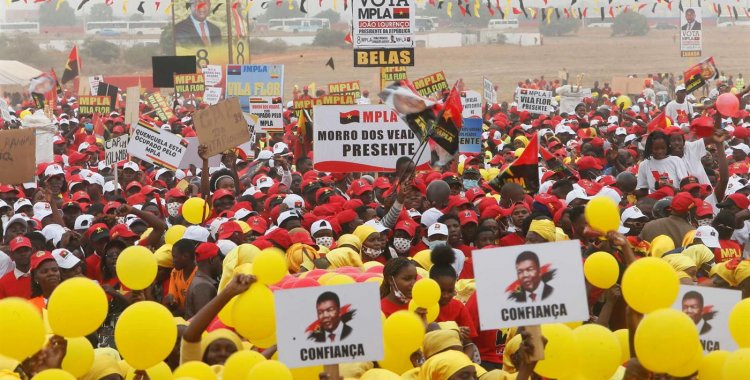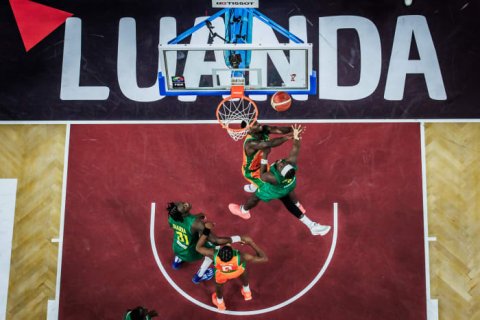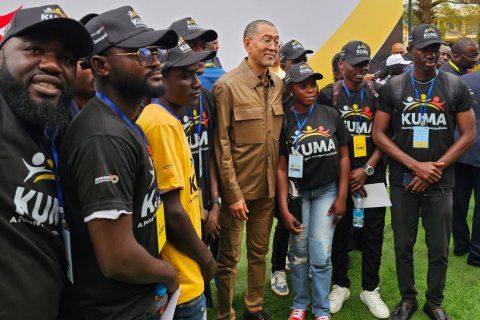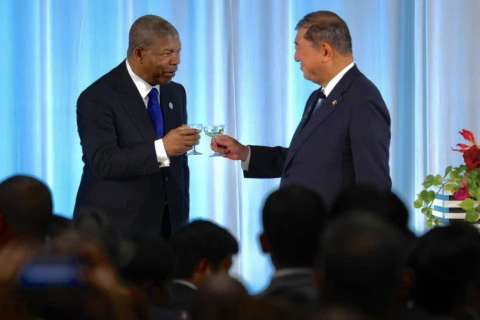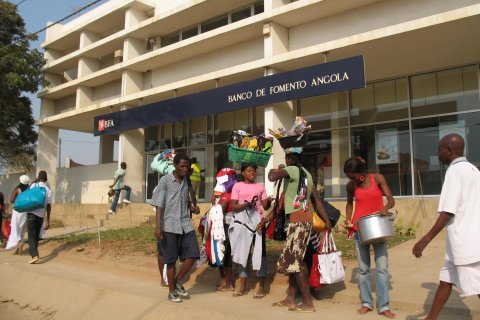Augusto Santana, an electoral affairs analyst, says that in free and democratic elections the results are unpredictable and talks about voting trends for this month's general elections "with a sense of maintenance or even setback in relation to the 2017 results".
"Although I do not believe that the 5-0 trend for the MPLA will prevail, I believe that even in the provinces that have been bastions of the MPLA, there the MPLA can share a place with UNITA [National Union for the Total Independence of Angola], the largest party in the opposition, and or CASA-CE", Augusto Santana told Lusa.
Voters bet 100 percent on the Popular Movement for the Liberation of Angola (MPLA), in five provincial districts in the 2017 elections, UNITA elected two deputies in Luanda, the country's largest electoral square, and the Broad Convergence for the Salvation of Angola–Electoral Coalition (CASA-CE) gained space in three provincial circles, particularly in Cabinda.
The MPLA won the previous general elections with a national total of 4.1 million votes (61.8 percent) and elected 150 deputies, according to a final vote on 6 September 2017 released by the National Electoral Commission (CNE).
The Organic Law of General Elections establishes that each of the country's 18 provinces comprises a provincial constituency, which elects five deputies each, and a national constituency, which elects 130 deputies.
Augusto Santana ruled out the maintenance of the results of the elections of five years ago in the suffrage of 24 August, saying that "there is a large opposition movement, especially UNITA".
"I believe that Luanda will be a very disputed center, it will not be easy for the MPLA and UNITA, I believe that a 3-2 will be the result, for whom I cannot say now, but Luanda will be disputed", he stressed.
In the national vote statistics of the 2017 elections, in which seven million voters participated and only 6.8 million votes were valid, UNITA was the second most voted party with 1.8 million votes (26.68 percent) , electing 51 deputies.
CASA-CE, led at the time by Abel Chivukuvuku, totaled 643.9 thousand votes (9.45 percent) and was in third place, with 16 deputies, doubling the results of 2012.
In the immediate positions were the Social Renewal Party (PRS), with 92.2 thousand votes (1.35 percent), which elected two deputies, the National Front for the Liberation of Angola (FNLA), with 63.6 thousand votes ( 0.93 percent), with one deputy, and the National Patriotic Alliance (APN) with 34,900 votes (0.51 percent) and without any seat in the National Assembly.
In 2017, the MPLA elected two deputies in Cabinda and UNITA elected only one.
CASA-CE, then led by Abel Chivukuvuku, now second on UNITA's list for the August 24 elections, also elected a deputy in the provincial constituency of Namibe, where the rest were the MPLA, and in Zaire, where UNITA also elected a deputy and the "comrades" three deputies.
"I hope that CASA-CE maintains its presence in Cabinda, it will possibly have to dispute some places with UNITA itself, and it will also depend on what the programs have in terms of solutions for Cabinda", highlighted Augusto Santana.
For the specialist, the dispute for the vote in Cabinda "will be very fierce this year, and whoever wins will have a lot to do with the solutions of the so-called Cabinda case", but he believes "in a balanced dispute between UNITA and the MPLA".
Augusto Santana looks with great hope to the FNLA, now led by Nimi-a-Sibi, especially for the reunification of the party "which worked and is working as a tonic towards unity and promoting the changes it needs".
"The wings harmed the party and the mobilization of voters, but this time they managed to unite and you can see that there is a different animation and I believe that it will not disappear because there is still a very young generation emerging", he pointed out.
The expert also considered that the PRS "is losing some momentum" and that the APN "worked a lot in the last five years" and "they seem more mature and know what they want, they seem to have very concrete ideas".
Two new contenders also entered the vote this year in Angola, the Humanist Party of Angola (PHA) and the National Party for Justice in Angola (P-Njango).
"I believe it will be much more difficult for these two, because they were created and legalized very close to the elections and they are at the same time creating structures", he maintained.
"It will be very difficult for these two parties [PHA and P-Njango] to mobilize enough people, but we will see, the results will only be known later, but I believe that these two will have more difficulties to elect deputies", concluded Augusto Santana.

